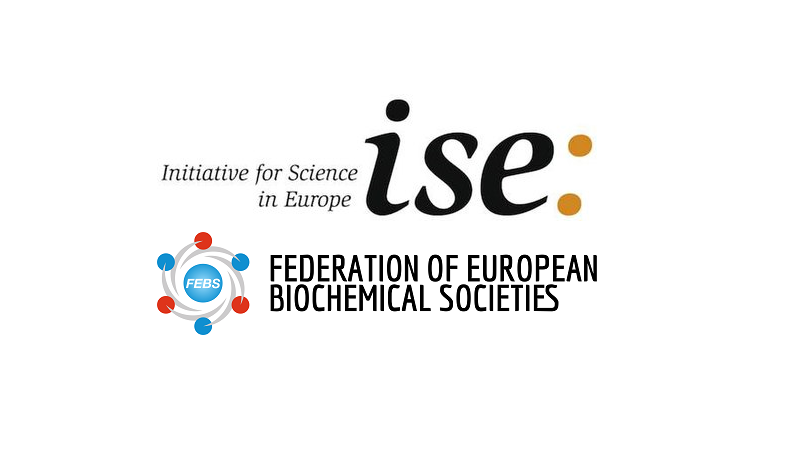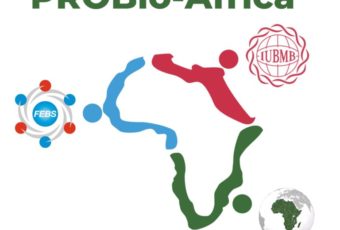
The Initiative for Science in Europe (ISE) welcomes the Federation of European Biochemical Societies as a member. FEBS was involved in the setting up of ISE in 2004 and both organisations are delighted to reconnect once again. The pioneering collaboration spearheaded by FEBS and other European science organisations at that time, which eventually led to the creation of the European Research Council (ERC), demonstrates the need for an inclusive, multidisciplinary and unified voice from the scientific community to have an impact on European science policy. FEBS is looking forward to being involved in the activities of ISE, particularly the promotion of research and innovation, and with the working groups and taskforces on science advice, open science, researchers’ careers and widening participation. FEBS values membership of ISE for the opportunity it provides its members to be involved in shaping European policy.
FEBS has over 30,000 members across 39 biochemistry and molecular biology constituent societies throughout Europe and nearby regions, whereby it provides a voice to the academic research and teaching community. FEBS promotes and supports biochemistry, molecular biology, cell biology, molecular biophysics and related research areas through its journals, Congress, Advanced Courses, Fellowships and other initiatives, such as its dedicated Science and Society Committee, which works at the interface between scientists, policymakers and the wider public.
ISE represents learned societies and research organisations. Today, it acts as a powerful advocate for European researchers, speaking up on many issues related to European research and innovation policies, such as the new European Research Area, Horizon Europe, Open Science, researchers’ careers, widening participation, public-private partnerships etc. Over the past few years, ISE has become a valued interlocutor for the European Commission and other EU bodies.
Through its membership, ISE members can also benefit from mutual learning and the exchange of good practices within the network. It also allows them to increase their influence and policy related experience with relevant European-wide data, experiences, and training.
Professor Martin Andler, President of ISE, comments: “I am delighted that the Federation of European Biochemical Societies has decided to re-join ISE. In addition to being a major actor of research in the Life Sciences, FEBS has played a huge role in carrying the voice of European scientists, in particular in the early 2000s, when its Secretary General Julio Celis was one of the main advocates for the creation of the ERC and, with a few others, engineered the coalition of scientific organisations which eventually became ISE.”
Professor Miguel A. De la Rosa, FEBS Secretary General, highlights the importance of being part of ISE: “FEBS re-joining ISE is an excellent opportunity to launch initiatives as successful as the ERC was, when a small group of experts led by Federico Mayor – the so-called Mayor Group – was to explore options to promote basic research at the European level. In the last few years, the public have realised how crucial science is for their health and well-being, for planet sustainability and for global progress. FEBS is thus particularly interested in working with ISE to build a more engaged scientific community, to help our young and senior scientists develop their careers, and to bring biochemical research achievements closer to the general public and policy makers.”
For more information on either organisation visit their websites at Initiative for Science in Europe and the Federation of European Biochemical Societies.

